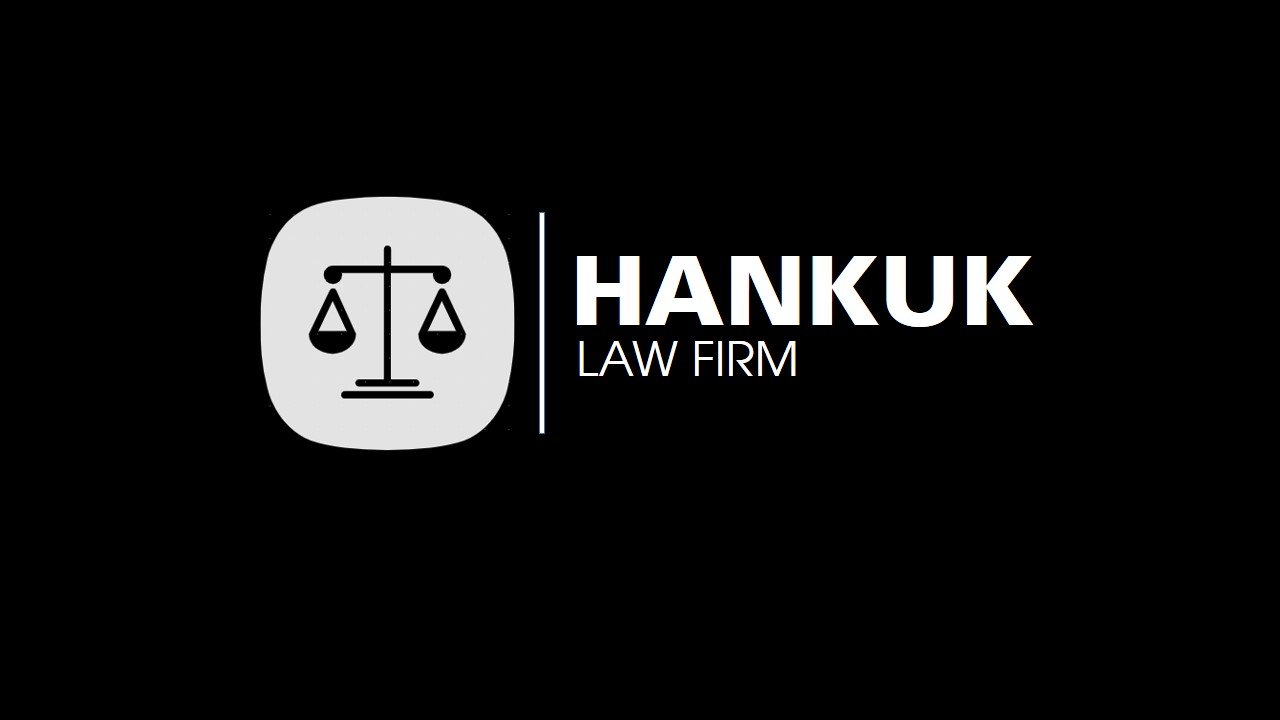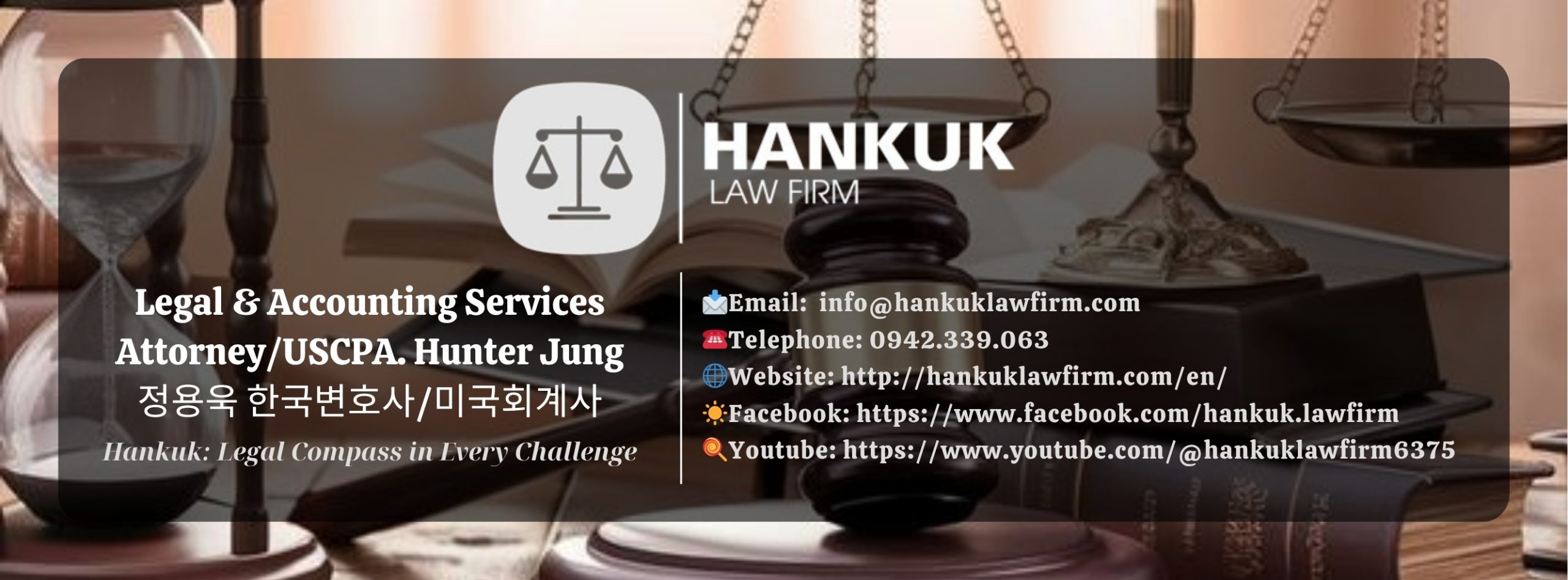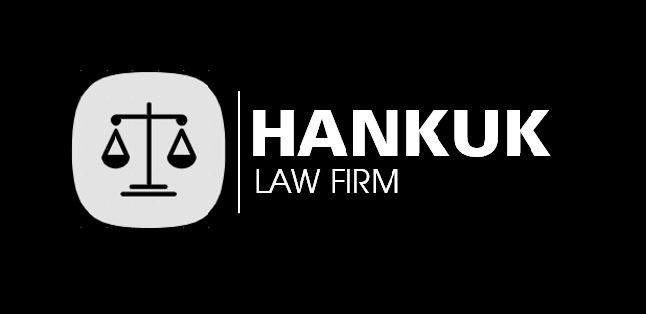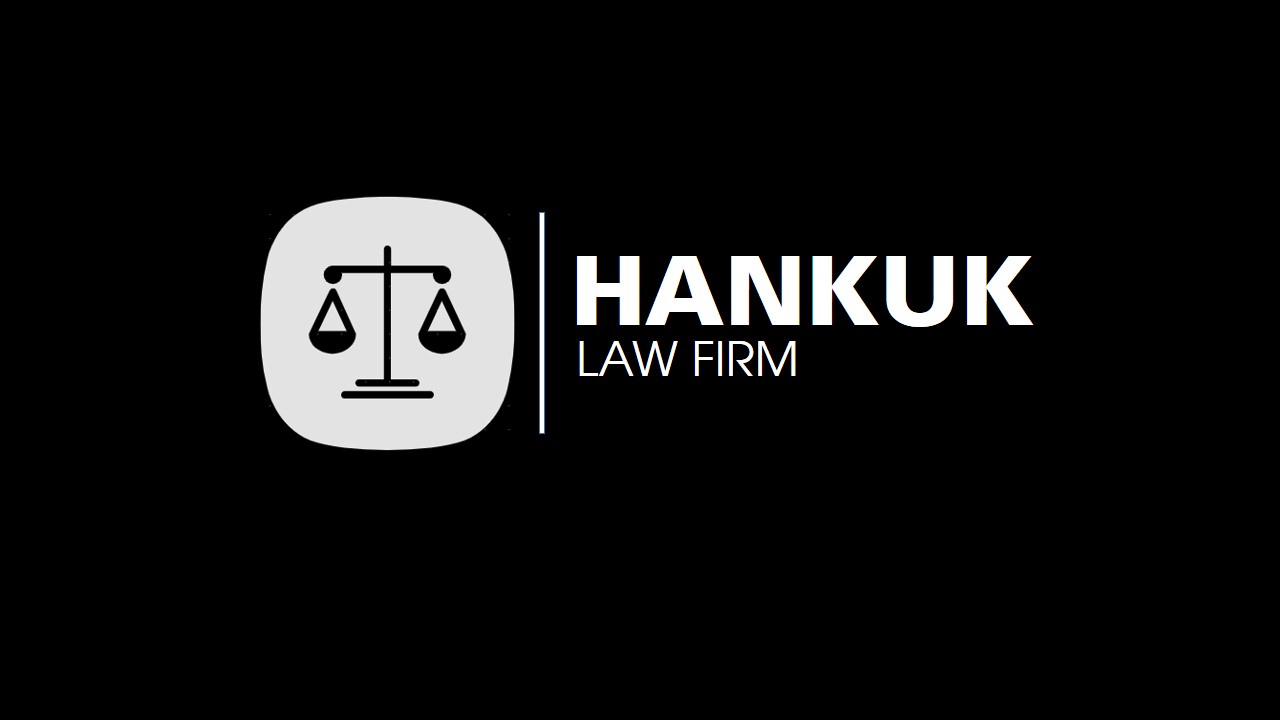RIGHTS TO HAVE, MANAGE AND DECIDE HOW IS A CHILD’S PERSONAL PROPERTY DETERMINED?

In the Vietnamese legal system, the right to have and dispose of the child’s own property is an important topic, aimed at protecting the legitimate rights and interests of children. These regulations are detailed in the 2014 Law on Marriage and Family along with the 2015 Civil Code, ensuring that the management and deciding The child’s assets must comply with the principle of protecting the child’s best interests.
Contents
I. Rights have your own property according to the Law on Marriage and Family 2014

The 2014 Law on Marriage and Family sets out basic principles on the rights and obligations of parents in managing their children’s personal property. According to that, private property of with includes privately inherited property, privately gifted property, income from the child’s labor, yields, income arising from the child’s own property and other legal income. Assets formed from the child’s personal property are also the child’s personal property.
II. Right to manage the child’s personal property

According to regulations, if a child is under 15 years old and has lost his/her civil act capacity, his/her personal property will be managed by his/her parents. Parents can authorize others to manage their child’s personal property.
However, parents will no longer have the right to manage their child’s personal property, in other words, they must hand over the right to manage their child’s personal property if (unless otherwise agreed):
- Children aged 15 years or older;
- I restore full civil capacity;
- Con is under the guardianship of another person according to the provisions of the Civil Code.
- The person who donates property or leaves inheritance in a will to a child has appointed someone else to manage that property or in other cases as prescribed by law.
- In case a child is entrusted to someone else’s guardianship, the child’s personal property will be handed over to the guardian to manage.
III. Right to decide child’s personal property
When children have their own property, in addition to the management rights mentioned above, the law gives them the right to dispose of that property according to the law. However, the law limits this right of disposition according to certain ages as well as accompanying conditions, specifically as follows:
1. The Law on Marriage and Family stipulates
Children under 9 years old: parents or guardians who manage private property have the right to dispose of that property for the benefit of the child.
Children from 9 to under 15 years old: parents or guardians managing private property have the right to dispose of that property for the benefit of the child but must consider the child’s wishes.
Children from 15 years old to under 18 years old: have the right to dispose of their own property, except in cases where the property is real estate or movable property with registered ownership, right to use or use the property for business, then they must have Written consent of parent or guardian.
In cases where an adult child has lost civil act capacity, the disposition of the child’s personal property is made by the guardian.
2. The Civil Code stipulates
Civil transactions with a person under 6 years old: Civil transactions of a minor in this case will be established and performed by that person’s legal representative. In particular, the legal representative of an individual who is a minor child is the father or mother. However, if that transaction is made to meet that person’s essential daily needs, it will not be invalid according to the provisions of Clause 2, Article 125 of the 2015 Civil Code.
Civil transactions with people from 6 years old to under 15 years old: Establishment and implementation of civil transactions must be approved by the legal representative, except for civil transactions serving living needs. Daily activities appropriate to the age of people from 6 years old to under 15 years old.
Civil transactions with minors from 15 to 18 years old: With this subject, minors from 15 to 18 years old can perform and establish civil transactions on their own, except for other types of transactions. relating to real estate or movable property that must be registered and other types of transactions that the law requires the representative to agree to.
Thus, even though it is the child’s private property, the law still gives parents the right to manage and use this property, but they are not allowed to arbitrarily use, transfer, or perform other transactions unless it is for their own reasons. child’s benefit. On the contrary, children also have the right to dispose of property but must obtain parental consent depending on age or type of property traded.
In addition to the conditions mentioned above, Vietnamese law also stipulates that in special cases, The child’s rights may be violated or when there is a dispute between parents about the matter to decide As for the child’s assets, the competent state agency will review and make a decision to ensure the best interests of the child.
IV. The meaning of protecting your child’s personal property

Regulations on property transfer and the right to manage children’s private property are not only intended to protect material assets but also protect the long-term interests and development of children. Vietnamese law has established specific rules to ensure that children have the right to financial protection, while also helping children realize the value of assets and the responsibility of asset management from an early age. when I was young. This also contributes to creating a solid legal foundation to protect children’s rights and promote the comprehensive and harmonious development of children in society.
Thus, the decide Children’s property and rights to manage their own property in Vietnam are clearly and detailedly regulated in the 2014 Law on Marriage and Family and the 2015 Civil Code. These regulations ensure the best interests of children. , prevent property abuse and protect the legitimate interests of minor children. These are necessary regulations to maintain fairness and protect the rights of all parties involved in property transactions.
V. About Us, Hankuk Law Firm

■ Hankuk Law Firm – Introduction
The goal of the legal services provided by HANKUK LAW FIRM is to support businesses, investors, and people. Our organization employs skilled Korean lawyers, partners, and professionals to provide legal services to businesses related to corporations and litigation.
To support the startup process, our lawyers and staff provide a wide range of services, including business law consulting, tax and immigration law consulting, real estate services, business consulting, marketing and communications, human resources, product distribution, franchise options, etc. We provide expert advice on every aspect of your business needs.
To protect the legitimate rights and interests of our clients and achieve the best results, we provide legal advice and participate in civil lawsuits related to business, labor, marriage, family, and inheritance.
■ Contact us now

For reliable and effective legal advice, please contact HANKUK LAW FIRM now. We are committed to providing you with the best possible answers and our team of experienced lawyers has extensive knowledge in many legal fields. We are always here to provide the most competent and dedicated support, whether you are dealing with contractual issues, commercial disputes or need guidance on foreign investment. HANKUK LAW FIRM is honored to have assisted hundreds of domestic and international clients in skillfully resolving complex legal issues as their trusted legal partner. Do not let legal issues hinder your success. Let us accompany you towards legal achievement and comfort. For prompt guidance and support to ensure your rights are always maintained at the highest standards, contact HANKUK LAW FIRM now.
■ Contact Hankuk Law Firm:
| Website: http://hankuklawfirm.com/en/
FB: https://www.facebook.com/hankuk.lawfirm Tiktok: https://www.tiktok.com/@hankuklawfirm Youtube: https://www.youtube.com/@hankuklawfirm6375 Email: info@hankuklawfirm.com SĐT: 0942.339.063 |
 |

